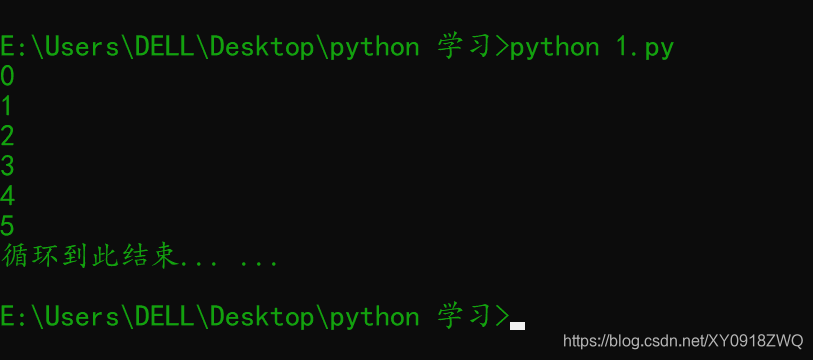There are a large number of keywords in python. These keywords have their own special meanings and usages. However , for the keywords of break, continue, pass, and exit , some small partners may always confuse their usage and differences.
Next, we will go through the case Come and explain to explain...
break
for num in range(0,11):
if num == 6:
break
print(num)
print("循环到此结束... ...")
operation result

braek: interrupt and terminate the loop that is closest to him, enter the outer loop to execute
continue
for num in range(0,11):
if num == 6:
# break
continue
print(num)
print("循环到此结束... ...")
operation result

Skip this cycle and execute the next cycle
pass
for num in range(0,11):
if num == 6:
# break
# continue
pass
print(num)
print("循环到此结束... ...")
operation result

Act as a code question, in order to ensure that the grammar can pass normally
exit
import sys
for num in range(0,11):
if num == 6:
# break
# continue
# pass
sys.exit()
print(num)
print("循环到此结束... ...")
operation result

Terminate the execution of the program
to sum up
break, continue keywords
break and continue keywords are used incycleThe function of the keyword
break: terminate the loop (the nearest layer of loop to it)continue function: skip this cycle and enter the next cycle
pass keyword:
pass keyword can be usedAnywhere, Its function is currently not known how the code is implemented. For the
time being, in order to ensure that the grammar can be passed normally, pass
guarantees the grammatical integrity, and continue is not the same thing.exit issys moduleThe method in is used to terminate the execution of the program...